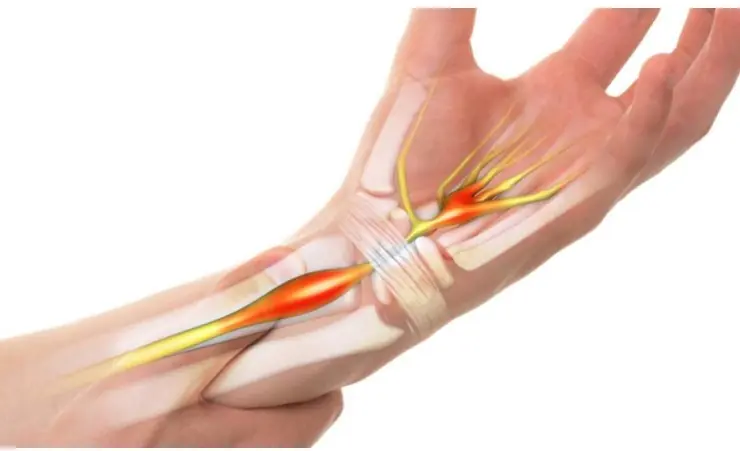
Eliminating Parabens and Phthalates from Daily Use Reverses Cancer-Linked Changes in Healthy Breast Tissue, Study Finds
In a groundbreaking discovery that challenges long-held assumptions about the safety of everyday personal care products (PCPs), researchers have found that eliminating parabens and phthalates from daily use significantly reverses cellular changes linked to cancer development - even in individuals with no current disease.
The peer-reviewed study, published in Chemosphere, involved healthy female participants who voluntarily eliminated all personal care products containing parabens and phthalates over a 28-day period. Researchers collected and analyzed br:east tissue samples from the participants before and after the intervention, focusing on biological pathways associated with br:east cancer risk.
The results were striking: the removal of these two common chemical classes led to a reversal of cancer-associated phenotypes within the br:east tissue - particularly within the PI3K-AKT/mTOR pathway, autophagy regulation, and apoptosis (programmed cell death) signaling networks.
These findings suggest that even short-term reductions in exposure to xenoestrogens - synthetic compounds that mimic estrogen in the body - may substantially reduce early cancer risk at the cellular level.
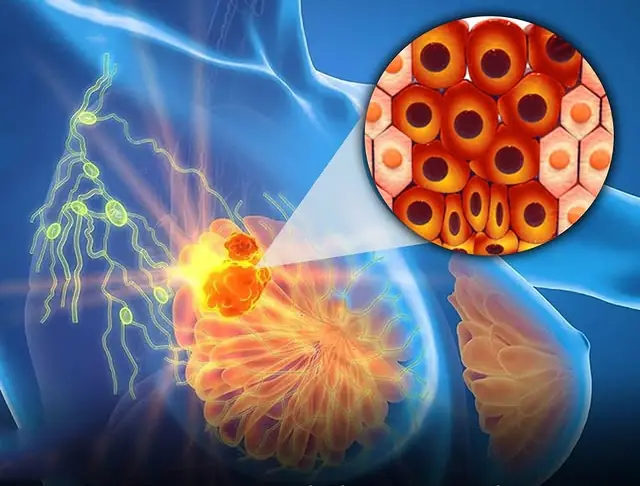
What Are Parabens and Phthalates?
Parabens and phthalates are widely used in cosmetics, personal hygiene items, and household products:
- Parabens are commonly added to lotions, shampoos, deodorants, and makeup as preservatives to prevent microbial growth.
- Phthalates are used to stabilize fragrances and improve the texture or consistency of products like perfumes, nail polishes, and even plastic packaging.
Both chemical groups are classified as xenoestrogens (XEs) - synthetic compounds that imitate the hormone estrogen and can interfere with the body’s endocrine system.
Although they've been under scrutiny for years, the new REDUXE study (Reduction of Daily-Use Xenoestrogens) offers the first direct human evidence linking their elimination to beneficial biological changes in br:east tissue.
Inside the REDUXE Study: A Community-Based Clinical Intervention
Conducted by a multidisciplinary team of scientists using a community-based participatory research approach, the REDUXE study enrolled healthy women volunteers who agreed to stop using products that contained any form of parabens or phthalates for 28 consecutive days.
Researchers collected fine needle aspirates (FNA) from the participants’ br:east tissue both before and after the intervention period. These samples were then subjected to high-dimensional gene expression analysis to measure biological changes in real time.
The research team identified measurable reversals of pro-carcinogenic gene signatures - particularly those connected to:
- The PI3K-AKT/mTOR signaling pathway, which governs cell survival and proliferation.
- Autophagy, the body’s natural process of removing damaged or dysfunctional cells.
- Apoptotic networks, which regulate cell death to prevent abnormal cell growth.
The team also measured significant reductions in urinary concentrations of paraben and phthalate metabolites, confirming that participants had successfully limited their chemical exposure during the study period.
Estrogen Disruption and br:east Cancer Risk
Estrogen plays a critical role in br:east tissue development and function - but when estrogenic signaling becomes excessive or imbalanced, it can contribute to br:east cancer initiation and progression.
Unlike natural estrogen, xenoestrogens such as parabens and phthalates are non-biodegradable and bioaccumulative, meaning they can persist in the body and the environment for extended periods. Over time, chronic exposure may lead to sustained cellular changes, promoting conditions favorable for cancer growth.
The study’s authors state clearly: “Estrogenic overstimulation is carcinogenic to the human br:east.”
By removing common sources of xenoestrogens through conscious product selection, individuals may effectively interrupt the chain of estrogen-driven cellular changes before they become irreversible.
The Molecular Evidence: Estrogen Receptor Balance and Cell Cycle Changes
To further validate their findings, the researchers exposed br:east tissue samples from the study to 17β-estradiol (E2) - a natural form of estrogen - in vitro. They observed that samples taken after the paraben/phthalate-free period showed a normalizing effect on:
- Estrogen receptor alpha (ERα) to beta (ERβ) ratios, which influence how br:east cells respond to hormonal signals.
- The S-phase fraction of the cell cycle - a critical period when DNA replication occurs, and errors can lead to mutation or malignant transformation.
These functional endpoints suggest that even short-term reduction in XE exposure may reset hormonal signaling within br:east cells, making them more resilient against transformation into cancerous forms.
A Paradigm Shift in Cancer Prevention?
The implications of the REDUXE study are vast. It moves beyond correlative evidence - where associations are drawn between chemical exposure and cancer - to provide causal biological evidence that reducing exposure can reverse pro-carcinogenic effects.
According to the researchers,
“Our findings illustrate the potential for REDUXE to suppress pro-carcinogenic phenotypes at the cellular level towards the goal of br:east cancer prevention.”
In other words, this study shows for the first time that changes in personal habits - particularly reducing exposure to specific chemicals in daily-use products - can reprogram cellular behavior in real-time.
Why This Matters Now More Than Ever
br:east cancer remains the most common cancer in women worldwide, with over 2.3 million new cases diagnosed each year, according to the World Health Organization. While genetics play a role, environmental and lifestyle factors contribute significantly to overall risk - and are far more modifiable.
Despite this, parabens and phthalates remain unregulated in many countries, including the United States. Although some major beauty and personal care brands have begun phasing out these ingredients in response to consumer demand, thousands of products on the shelves today still contain them.
The REDUXE study underscores the importance of taking personal responsibility for exposure reduction, even in the absence of sweeping regulatory change.
What Can You Do Today to Reduce Your Exposure?
Based on the REDUXE findings, here are practical steps consumers can take to lower their exposure to parabens and phthalates:
- Read product labels carefully. Look for terms like “paraben-free” and “phthalate-free.”
- Avoid products with vague ingredients such as “fragrance” or “perfume” - these often contain phthalates.
- Choose certified clean beauty brands that disclose full ingredient lists and undergo third-party testing.
- Minimize product use where possible. Simplifying your routine not only cuts costs but reduces chemical exposure.
- Support policy change. Advocate for transparent labeling and ingredient regulation in cosmetics and household goods.
Looking Ahead: Rethinking Beauty and Health
The REDUXE study marks a turning point in how we view personal care products, shifting the narrative from superficial appearance to internal wellness and disease prevention.
With mounting evidence that what we put on our bodies may impact our biology just as much as what we put in them, the conversation around beauty and hygiene is poised to change forever.
As consumer awareness grows, so does the opportunity for the cosmetics and personal care industry to lead with integrity, innovation, and safety.
And as this study suggests, even small lifestyle changes may deliver powerful protection - not just in theory, but at the molecular level.
News in the same category

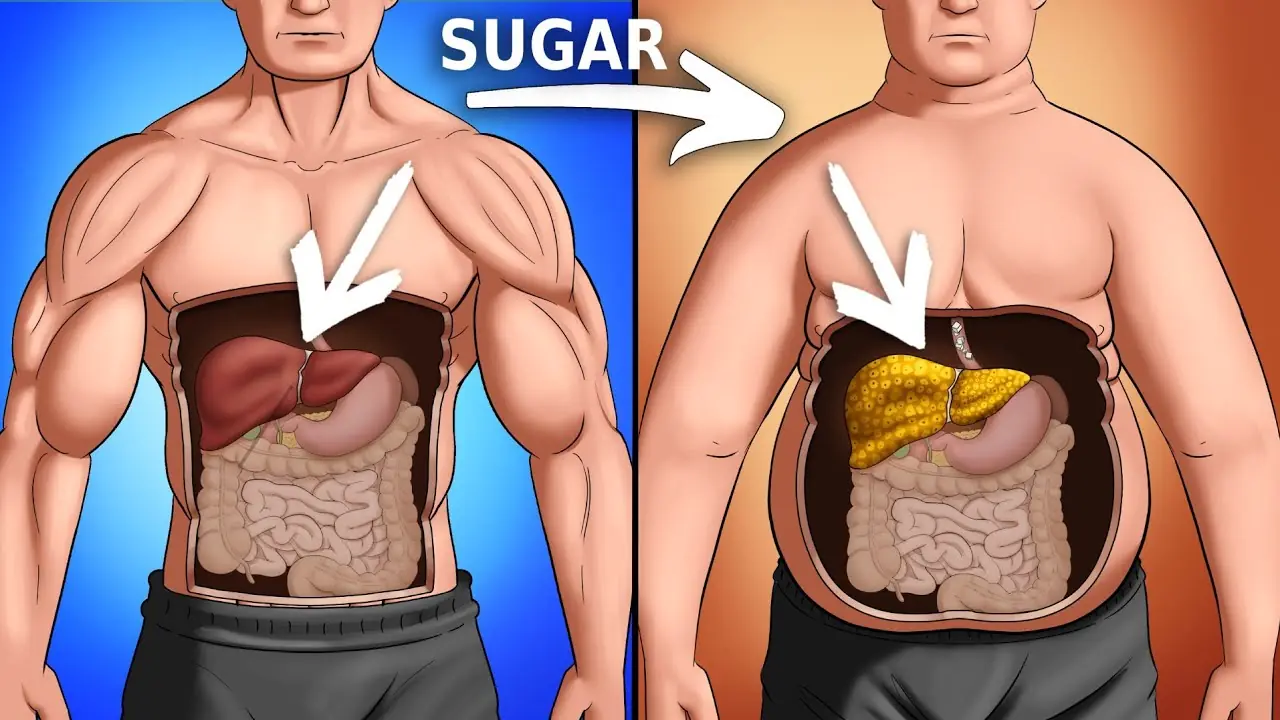
Scientists Explain The Effects of Eating Too Much Sugar
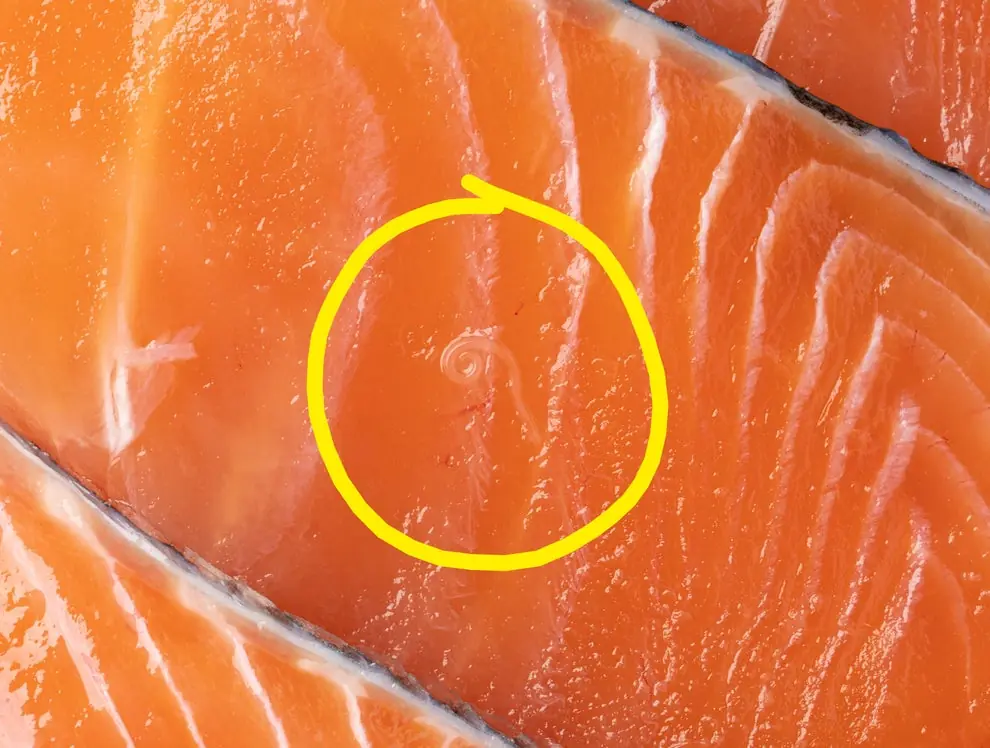
Urgent Warning: U.S. Salmon May Be Infected with Japanese Tapeworm, Say Scientists
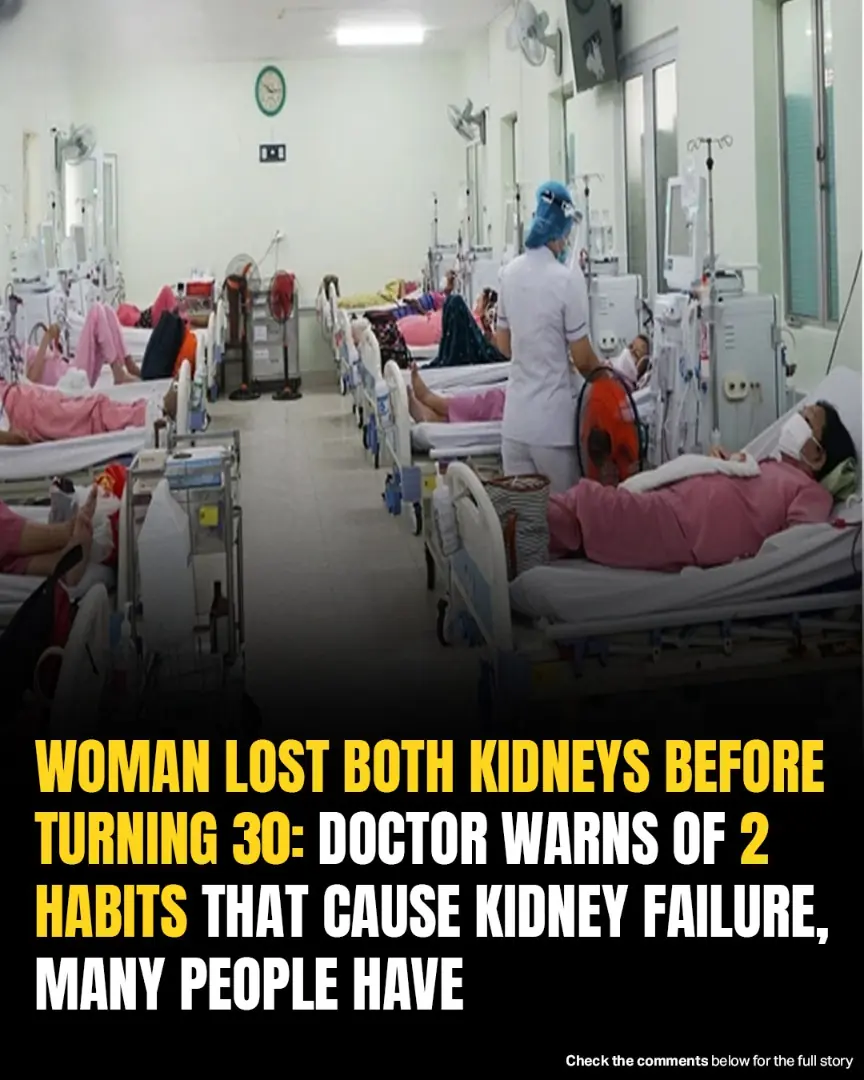
Why Kidney Failure Is Striking The Young—And How To Stop It

Nurse Reveals The Spine-Chilling Truth About What Happens After We Die
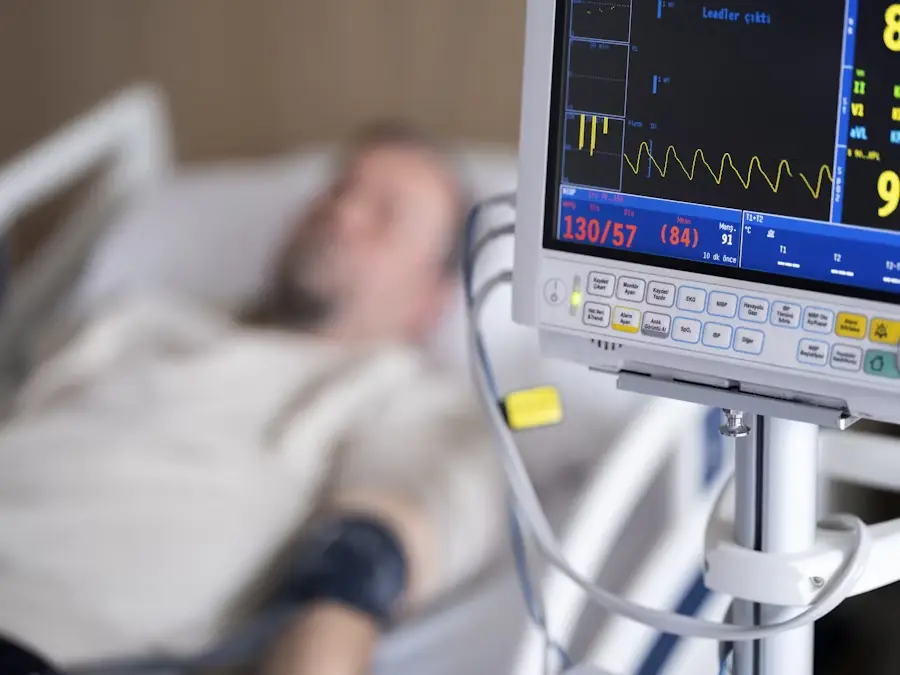
One Month Before A Heart Attack, Your Feet Will Give You These 6 Silent Warnings
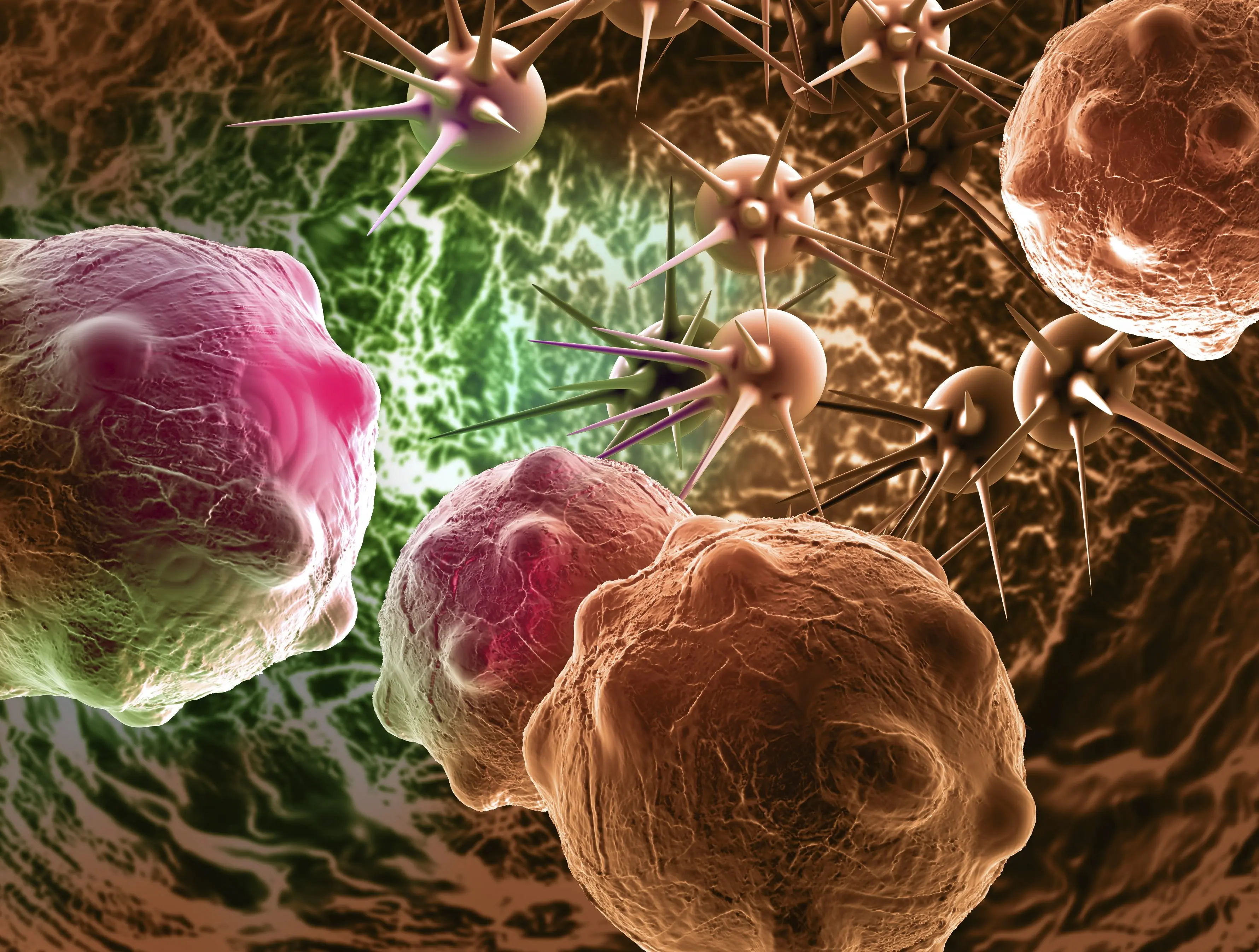
Striking simulation illustrates the progression of death from cancer
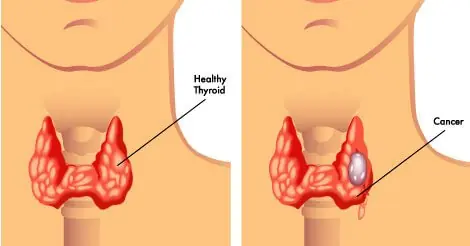
6 Types of Foods That Can Negatively Affect Your Thyroid
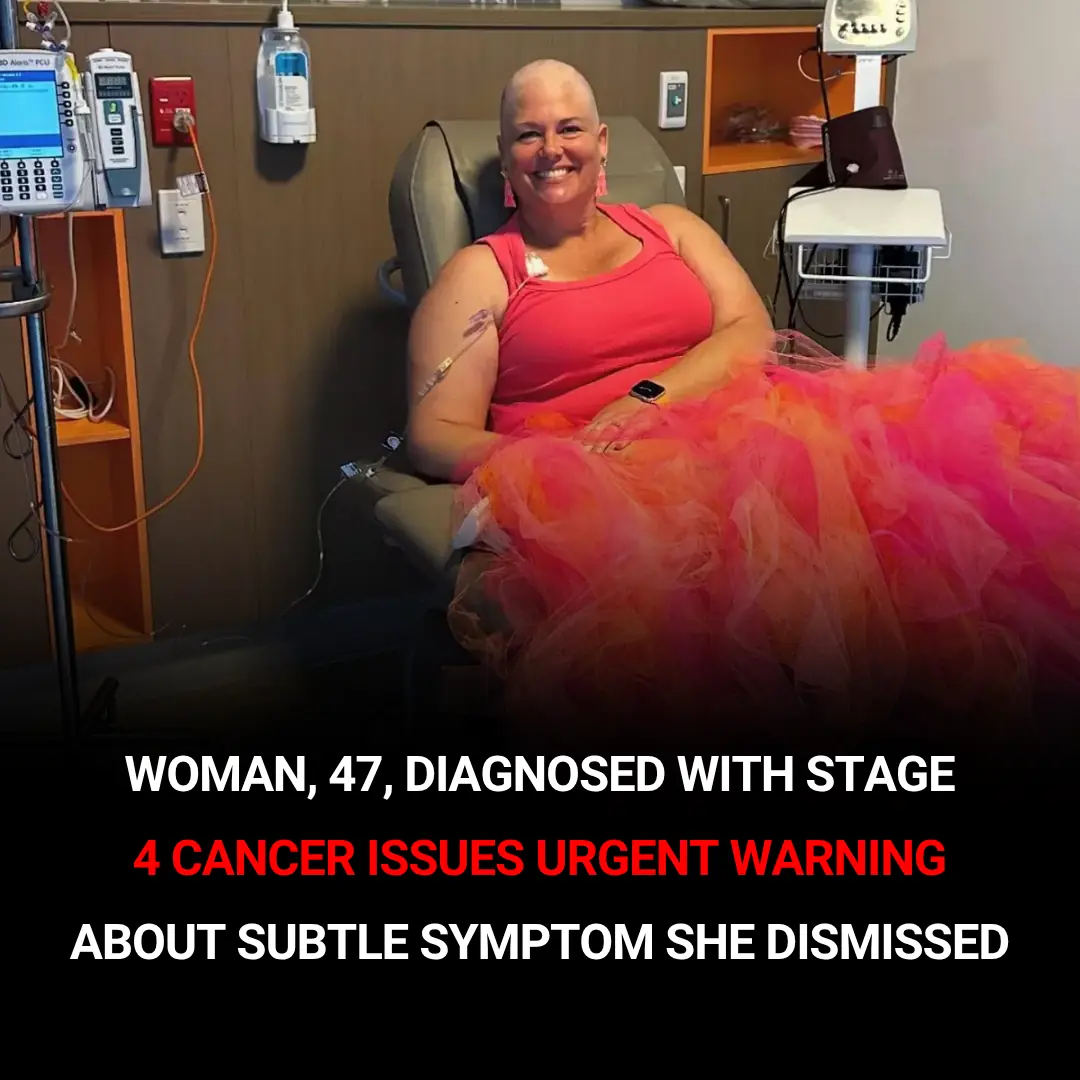
Stage 4 Cancer Survivor's Urgent Warning: Overlooked Minor Signs Can Hide Deadly Disease
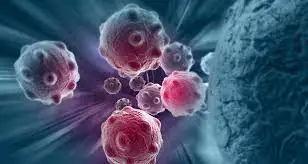
Colon Cancer & Your Poop: What to Watch For and When to Get Help
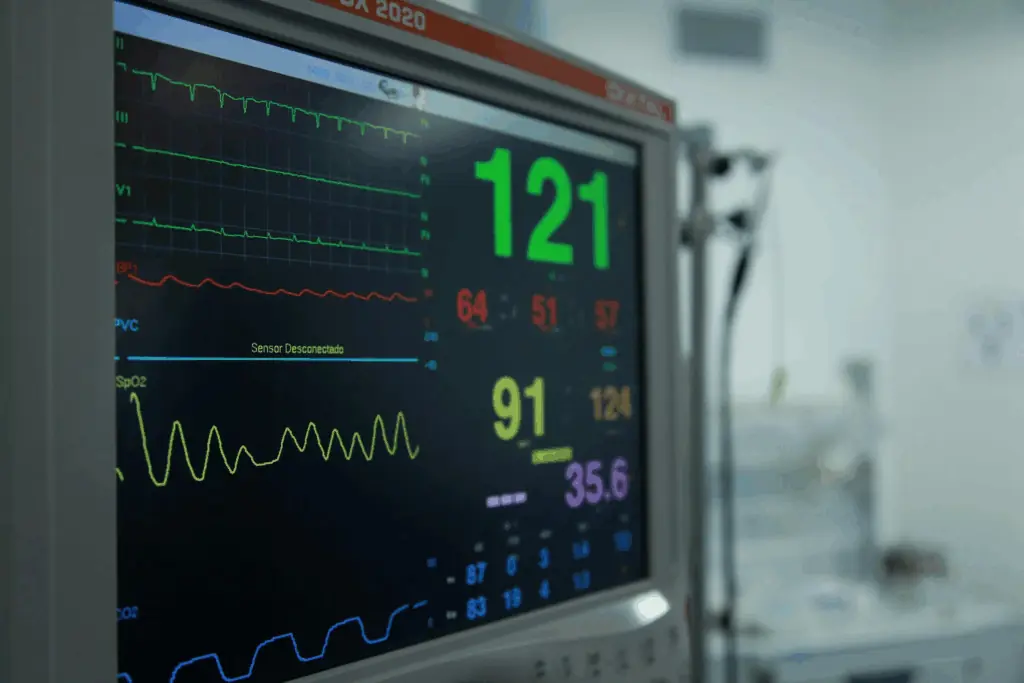
Cardiologist Breaks Down 3 Unexpected Red Flags Of A Weak Heart

MY STAGE FOUR CANCER SYMPTOMS WERE DISMISSED BY TWO HOSPITALS - I WON'T GET TO SEE MY LITTLE GIRL GROW UP
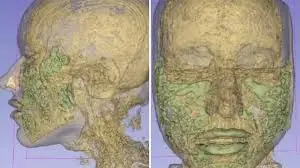
Doctor Reveals: MRI Scan Of The Face Of A 33-Year-Old Woman Reveals Where All Of Her Filler Went

There Is One Sound A Person Makes That Means They Have Less Than 24 Hours To Live
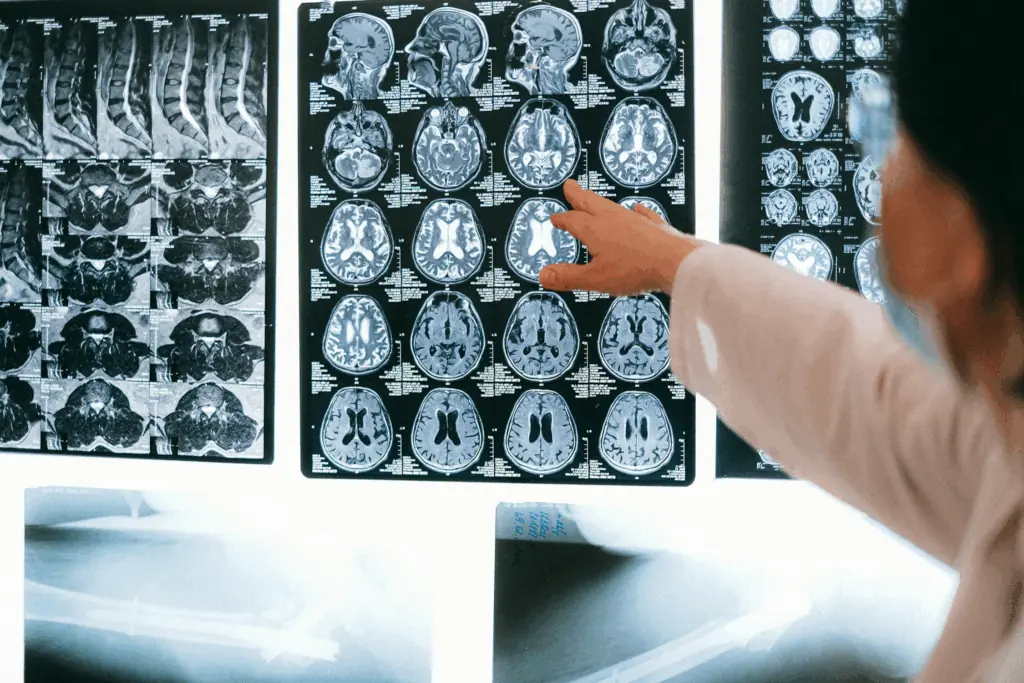
Warning Signs You Should Never Ignore: The Silent Symptoms Of A Brain Aneurysm
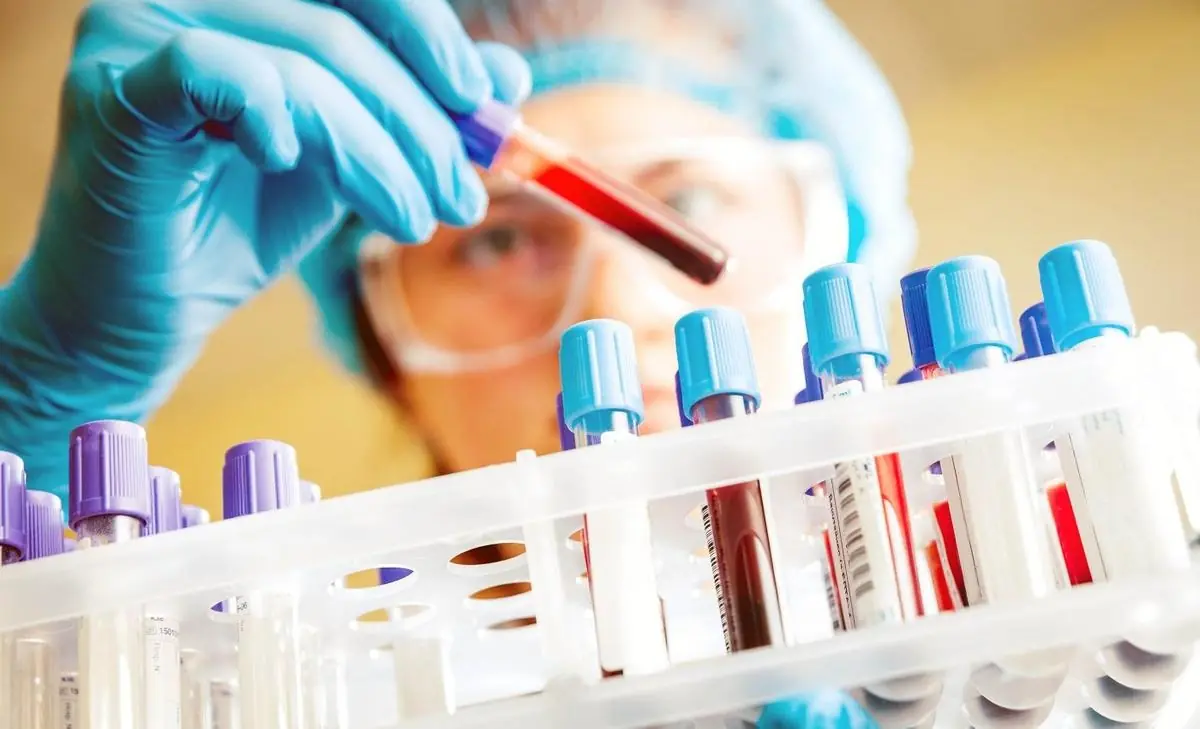
Having This Blood Type Will Make You Age Slower—And It’s Backed By Science
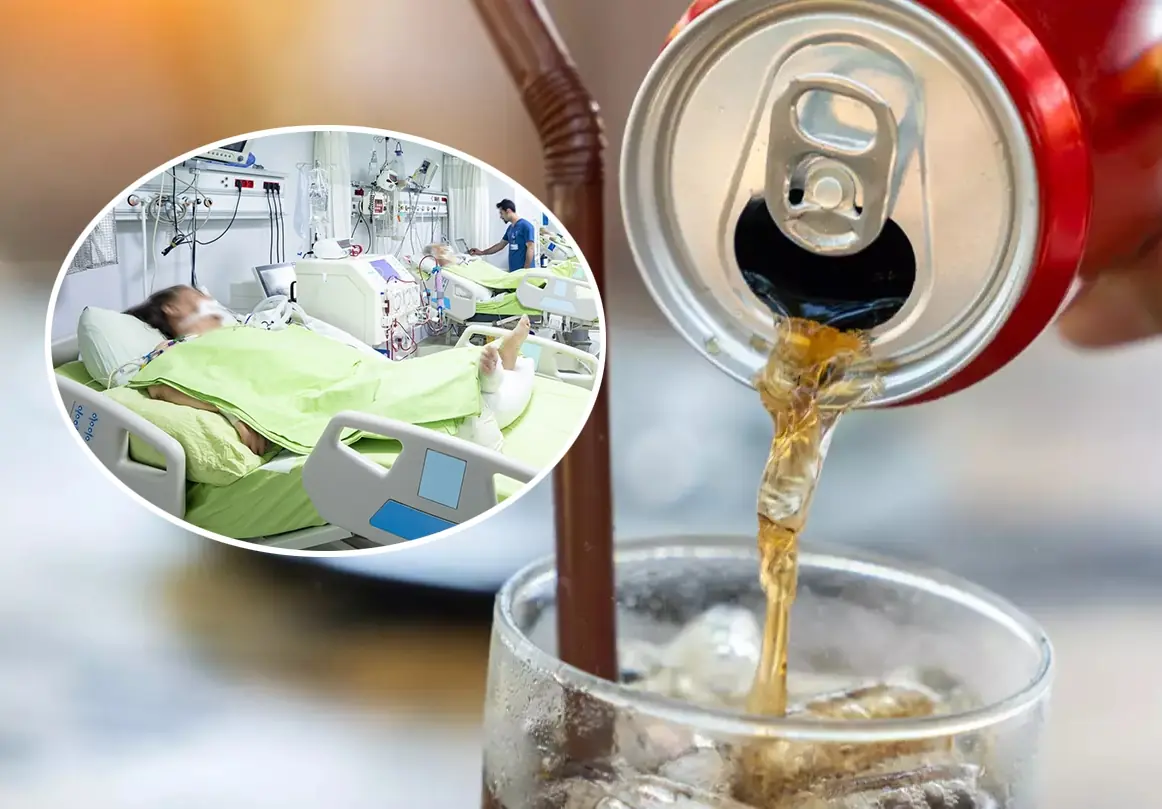
Shocking amount of time one can of soda can take off your life
One can of soda might seem harmless, but when multiplied across days, weeks, and years, the cost adds up - to minutes, hours, and even years of life lost.
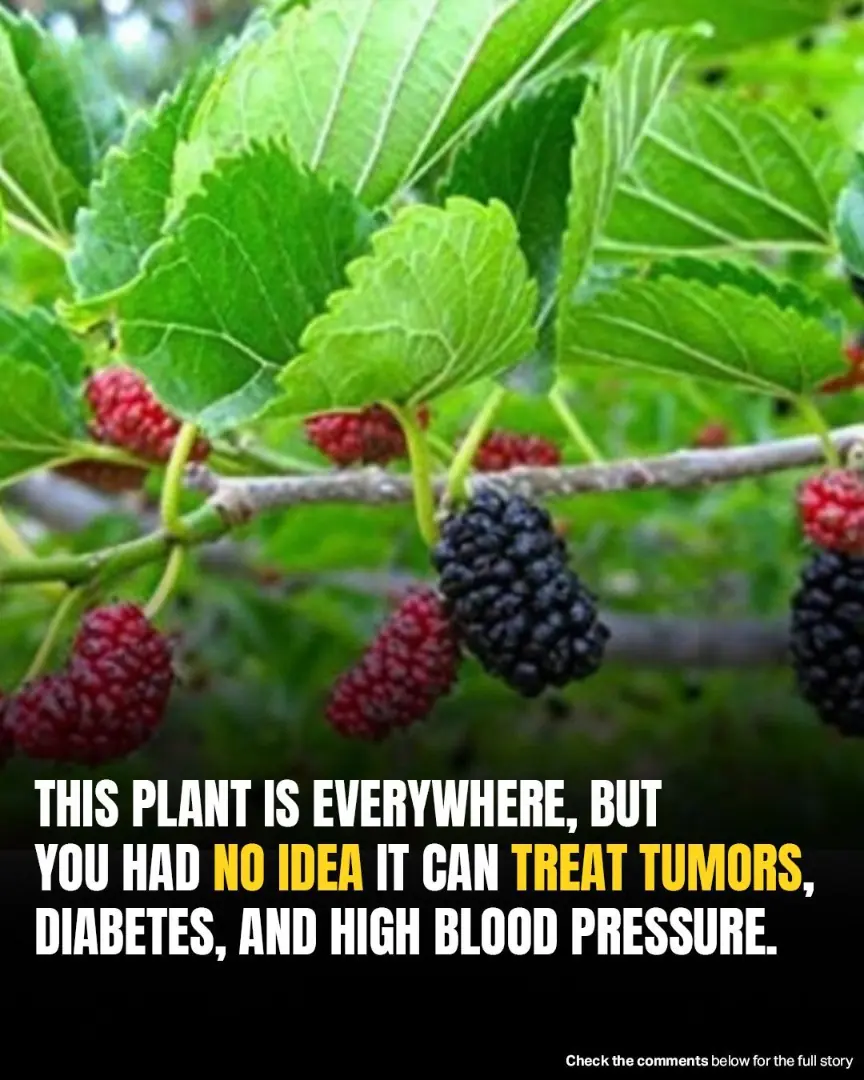
Common Backyard Plant May Help Fight Tumors, Diabetes, And High Blood Pressure

Drinking Water On An Empty Stomach: Japanese Water Therapy, What Science Says and More
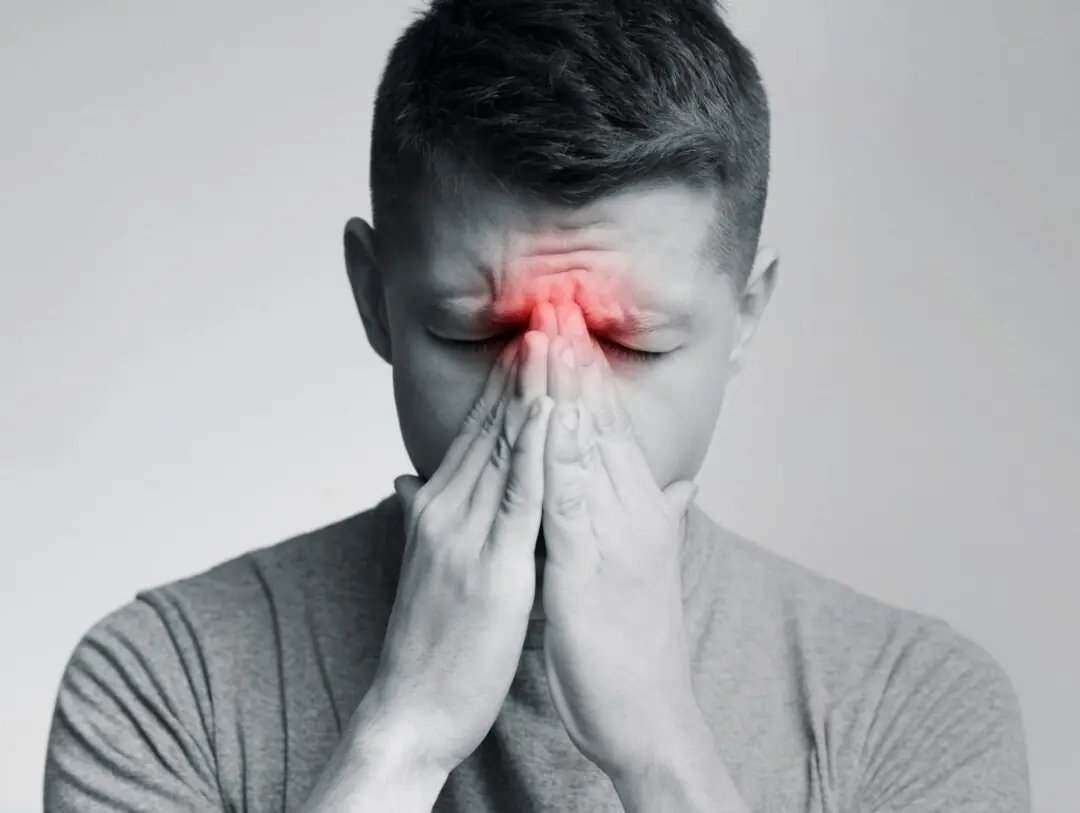
8 Natural Remedies for Sinus Infections That Work Without Antibiotics
News Post

Waking Up with Numb or Tingling Hands: What It Really Means (Science-Based)

Scientists Explain The Effects of Eating Too Much Sugar

Urgent Warning: U.S. Salmon May Be Infected with Japanese Tapeworm, Say Scientists

Earth Plunged Into Darkness For Six Minutes In Rare Event Not Seen In A Century

Brain Teaser: Can you identify the error in this family’s dining room photo in under 15 seconds?

Authorities Discover 1,600‑Foot Drug Tunnel Under Us–Mexico Border With Lighting And Rail System

Bill Gates Says Only 3 Jobs Are Safe From AI — Are You In One Of Them?

Here’s What It Really Means When A Man Turns His Back In Bed

If You See A Man With One Painted Fingernail, Here’s What It Means

This house looked like it was about to fall into itself until one family stepped in

Why Kidney Failure Is Striking The Young—And How To Stop It

Bill Gates reveals profession which will remain '100% human' even after AI replaces most jobs

People shocked after passenger filmed as their phone went through X-ray scanner at airport

Mammoth structures discovered beneath Africa could be 'ancient planet' 4,500,000,000 years old

YouTuber discovers 78-year-old woman who's been keeping her own world alive in a 'dead' game for years

Nurse Reveals The Spine-Chilling Truth About What Happens After We Die

If You See A Man With One Painted Fingernail, Here’s What It Means

One Month Before A Heart Attack, Your Feet Will Give You These 6 Silent Warnings

Six Minutes Beyond Life: What I Saw After Dying And Coming Back
